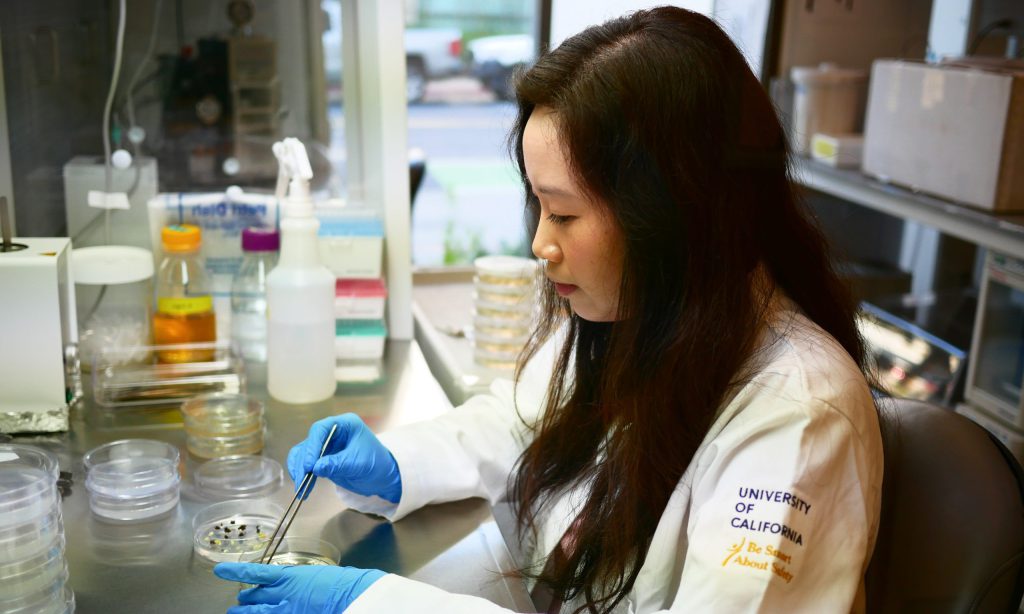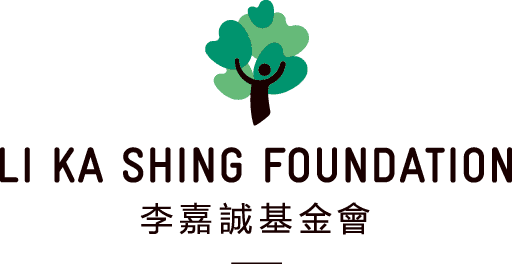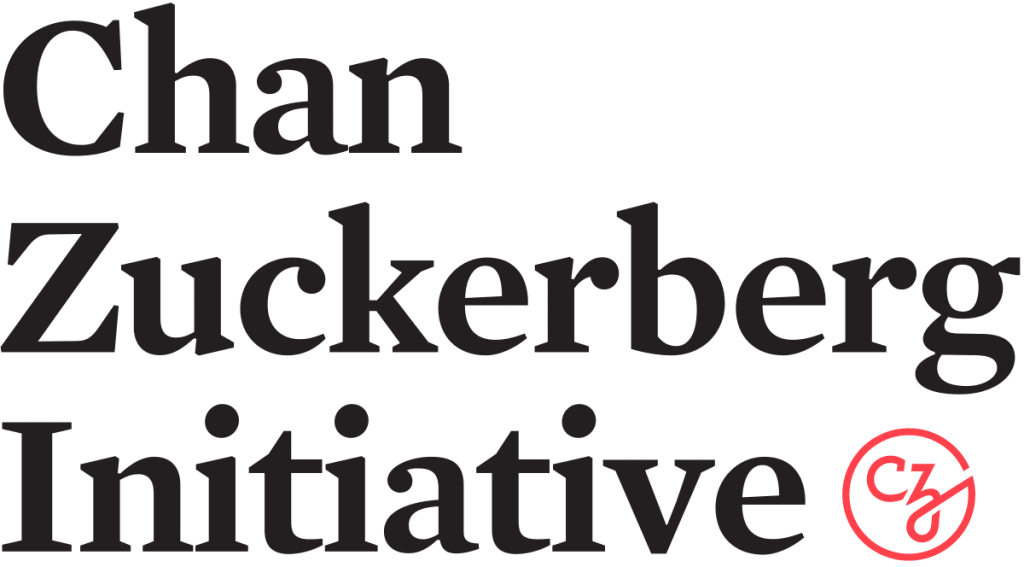About Us
The Innovative Genomics Institute believes in the potential of genome engineering to solve some of humanity’s greatest problems.
Who We Are
The Innovative Genomics Institute is a joint effort between the Bay Area’s leading scientific research institutions, UC Berkeley and UC San Francisco, with affiliates at UC Davis, Lawrence Berkeley National Laboratory, Lawrence Livermore National Laboratory, Gladstone Institutes, and other institutions. The IGI’s diverse group of leading scientists have powerful interdisciplinary expertise. They conduct world-class research, driven by the real possibility of using genome engineering to treat human diseases, end hunger, and respond to climate change.
In addition to our scientific efforts, the IGI is committed to advancing public understanding of genome engineering, providing resources for the broader community, and guiding the ethical use of these technologies.

HOW WE OPERATE
The IGI envisions a world in which genome-engineering innovations benefit humanity and are accessible to all.
The IGI’s mission is to bridge revolutionary genome-editing tool development to affordable and accessible solutions in human health, climate, and agriculture. We are working toward a world where genomic technology is routinely applied to treat genetic disease, enable sustainable agriculture, and help achieve a carbon-neutral economy.
IGI Credo
We believe that science should serve the public good. Our work must realize the promise of genome engineering to advance human health and well-being. We will create genome-engineering solutions that meet an urgent need, serve a historically underserved community, or advance technology to meet these ends. We will create new paradigms for commercializing genome-engineering technologies that ensure broad, equitable access. We must always strive to maximize public benefit.

We are responsible to our members. We believe that good work and a good workplace support individual well-being, and that individual well-being is essential to doing our best work. Therefore, we must provide a workplace that is welcoming, inclusive, and honors the diversity of our community. There must be equal opportunity in hiring, development, and advancement. We must provide highly skilled leaders. Members must feel that their work is meaningful, and good work must be recognized. Student members must receive high-quality training and mentorship. All have a voice; all are welcome to make suggestions and complaints. Compensation must be fair and sufficient.
We are responsible to our communities. In addition to our research, we must contribute to the scientific community through education, sharing resources, and guiding the ethical use of genome engineering. In our local communities, we must strive to be good neighbors, providing learning opportunities and inviting the community into discussions of genome-engineering uses, ethics, and policy that inform our ongoing work.
AREAS OF RESEARCH
Our work is divided
into four programs
History
The IGI officially launched in February 2015 through the Li Ka Shing Center for Genetic Engineering, which was created thanks to a generous donation from the Li Ka Shing Foundation. At the time called the Innovative Genomics Initiative, it formed as a partnership between the University of California, Berkeley and the University of California, San Francisco. Combining the fundamental research expertise and the biomedical talent at UCB and UCSF, the Innovative Genomics Initiative focused on unraveling the mechanisms underlying CRISPR-based genome editing and applying this technology to improve human health. Early achievements include improving the efficiency of gene replacement and foundational work toward a treatment for sickle cell disease.
In January 2017, the IGI officially re-launched as the Innovative Genomics Institute. Generous philanthropic donations enabled a bolder vision and broader mission for the IGI, including research into agriculture, aimed at improving global food security. IGI expanded research areas to include personalized and tissue-selective delivery of human therapeutics, improved plant varieties for environmental and agricultural uses, and new microbe-inspired biotechnologies. To enhance the translation of agricultural innovations from the lab to the field, the IGI brought in key partners at the University of California, Davis, one of the foremost agricultural research institutions in the world.
In 2020, faced with the emerging COVID-19 pandemic, IGI rapidly built a CLIA-certified COVID-19 diagnostic testing lab. Over the next two and a half years, the lab would process over half a million tests for the UC Berkeley campus, local first responders, and community groups serving marginalized populations. With the ending of testing services in late 2022, the lab transitioned into a permanent, in-house clinical laboratory, focused on developing diagnostic tools for CRISPR therapeutics.
During this same time period, IGI expanded its Sustainable Agriculture program to make climate change a core focus. New funding supported large collaborative projects working to reduce agricultural greenhouse gas emissions, promote carbon removal by crop plants and farmland soils, and help agriculture adapt to a changing climate while continuing to feed the world.
As the IGI has grown, new facilities have enabled the institute to accelerate its work in key areas. The IGI Center for Translational Genomics serves as the hub of the institute’s efforts to develop CRISPR cures for rare diseases. The Center for CRISPR Target Discovery is enabling rapid screening for new therapeutic targets. The Plant Genomics & Transformation Facility has developed protocols for editing over 30 key crops. Finally, the Women in Enterprising Science facility is the home for IGI’s efforts to improve gender equity in biotechnology.
Funding
We are grateful to the many generous donors and philanthropic institutions whose funding makes our programs possible. We also receive funding through grants and industry partnerships.
The IGI welcomes donors large and small to support the mission of our institute. Learn more and give today.













The Innovative Genomics Institute (IGI) pioneers genome editing to solve some of humanity’s greatest challenges.
The IGI does not support current use of this technology in human embryos or reproductive cells with the intention to establish a pregnancy or birth; the societal implications of altering the human genome in a manner that will be carried into future generations are not understood at this time and represent significant potential risk.
The IGI’s therapeutic efforts focus solely on somatic cell genome and epigenome editing: making modifications to human cells that will treat that individual patient, without passing them to future generations. IGI scientists take this considered and ethical approach because we believe that somatic cell genome editing alone can be the foundation for a new category of clinically relevant treatments for a wide range of diseases.
The Innovative Genomics Institute is a non-profit, academic research organization formed through the partnership of UC Berkeley and UC San Francisco. The University of California has a retained right to practice its inventions for educational and research purposes. This reservation of rights is explicit in our commercial licenses, and the act of patenting and licensing does not prevent us from making improvements to external technologies. When collaborating directly with biotechnology companies, the involved parties come to an agreement on how to handle intellectual property claims that may result from the joint work. Questions or concerns may be sent to ipira (at) berkeley.edu.
